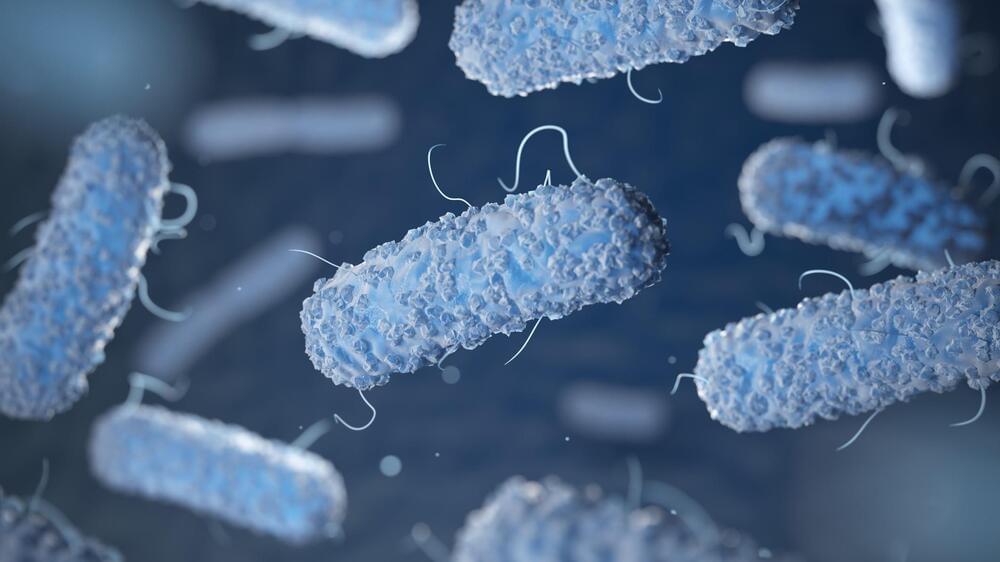Specific proteins in prokaryotes detect viruses in unexpectedly direct ways.
Bacteria use a variety of defense strategies to fight off viral infection. STAND ATPases in humans are known to respond to bacterial infections by inducing programmed cell death in infected cells. Scientists predict that many more antiviral weapons will be discovered in the microbial world in the future. Scientists have discovered a new unexplored microbial defense system in bacteria.
Researchers uncovered specific proteins in prokaryotes (bacteria and archaea) that detect viruses in unexpectedly direct ways, recognizing critical parts of the viruses and causing the single-celled organisms to commit suicide to stop the infection within a microbial community, according to a press release published in the official website of the Massachusetts Institute of Technology (MIT) on Thursday.
The discovery was made by a team of scientists led by researchers at the Broad Institute of MIT and Harvard and the McGovern Institute for Brain Research at MIT.
“This work demonstrates a remarkable unity in how pattern recognition occurs across very different organisms,” said Feng Zhang, senior author and James, and Patricia Poitras Professor of Neuroscience at MIT.
“It’s been very exciting to integrate genetics, bioinformatics, biochemistry, and structural biology approaches in one study to understand this fascinating molecular system.”
Bacteria use a variety of defense strategies to fight off viral infection, and some of these systems have led to groundbreaking technologies, such as CRISPR-based gene editing.
The study is the first to show that organisms in all three domains of life — bacteria, archaea, and eukaryotes (which includes plants and animals) — use pattern recognition of conserved viral proteins to defend against pathogens.
A pathogen is an organism that causes disease.
Full Story:
MIT researchers uncovered specific proteins in prokaryotes (bacteria and archaea) that detect viruses in unexpectedly direct ways.









Comments are closed.